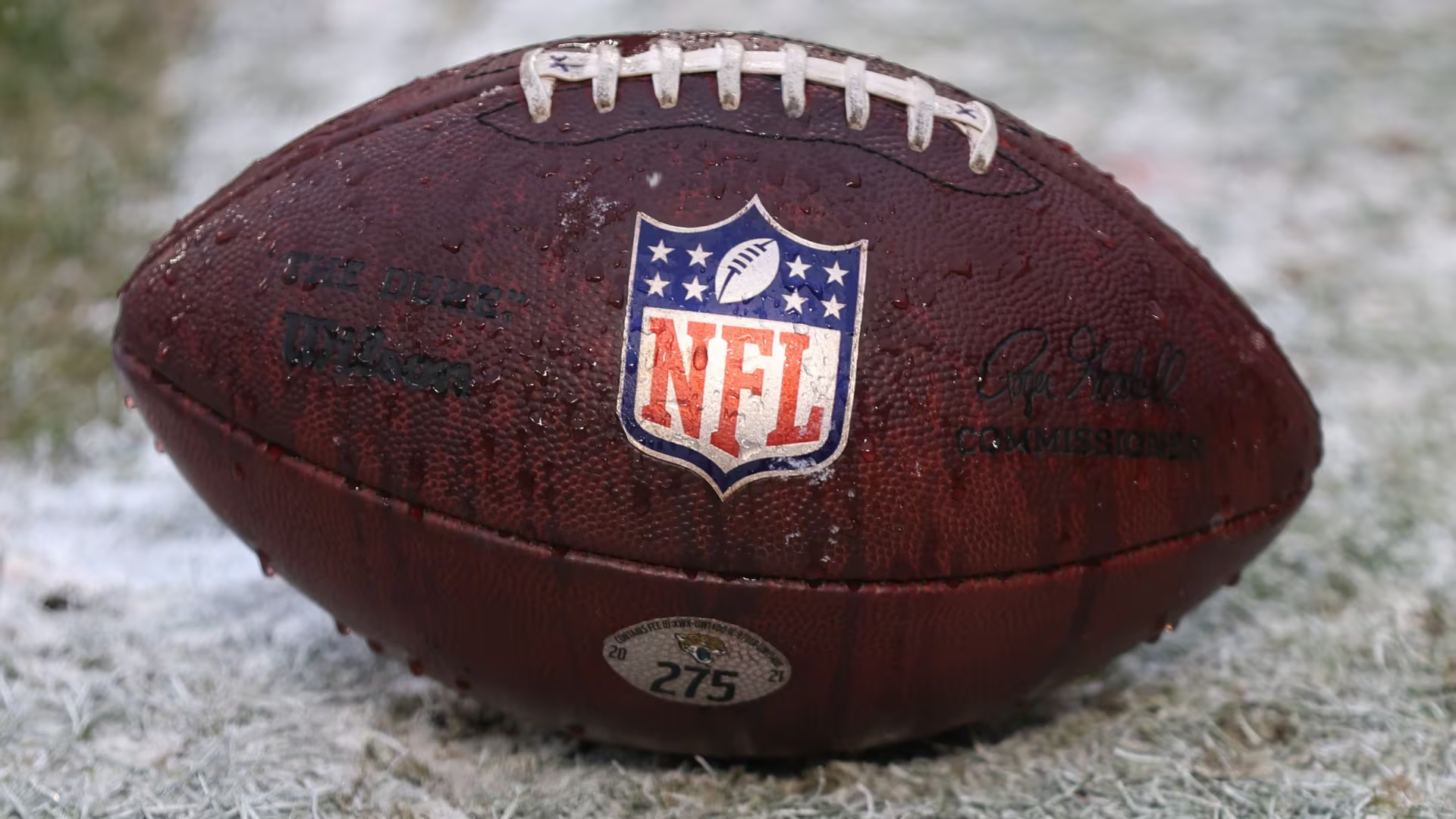Shares of Lyft ($LYFT) popped more than 3 percent Monday morning after an analyst upgrade cited higher prices as a path to profitability for the ride-hail company.
Guggenheim analysts Jake Fuller and Ali Faghri wrote in a research note that they now believe Lyft can be profitable by 2021 ー two years earlier than the firm previously predicted. Guggenheim upgraded the stock from "neutral" to "buy" and raised its price target to $60, about 20 percent higher than its Friday closing price.
"We all underestimated how quickly the competitive mindset might shift under public ownership and how much leverage there is in the model to pricing," Fuller and Faghri wrote.
Earlier this month, in its conference call with investors to announce second-quarter earnings, Lyft CFO Brian Roberts confirmed that the company was beginning to raise prices "on select routes and in select cities based on costs and demand elasticities," and noted that it was an industry-wide trend (read: Uber raising prices, too.)
Soon after Lyft went public in March, Guggenheim initiated coverage with a "neutral" rating, saying it was too soon to see how the company planned to make money:
"We see four paths to profitability: cut driver pay, turn off incentives, reduce insurance costs or shift to self-driving cars," Fuller wrote in April. "The first two would be tough in a highly competitive category, the third might not be enough by itself and the fourth is likely 10 years out."
Now the analysts indicated they believe price hikes are the key, so long as they don't hurt demand. But with Lyft's main competitor Uber ($UBER) burning through cash as it expands internationally and builds out its UberEats network, Guggenheim said it doesn't think it can afford to cut prices to try and take share from Lyft. And that could leave Lyft with an opportunity ー since it only operates in North America ー to become the first of the ride-hail startups to turn a profit. But it's a big if: the company still lost more than $600 million in its most recent quarter.












